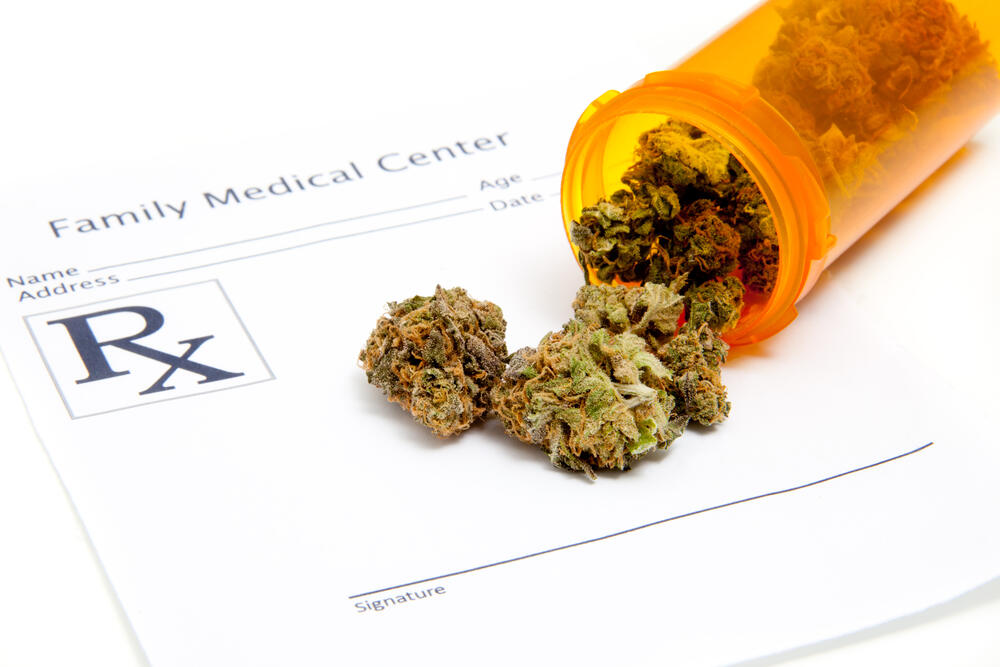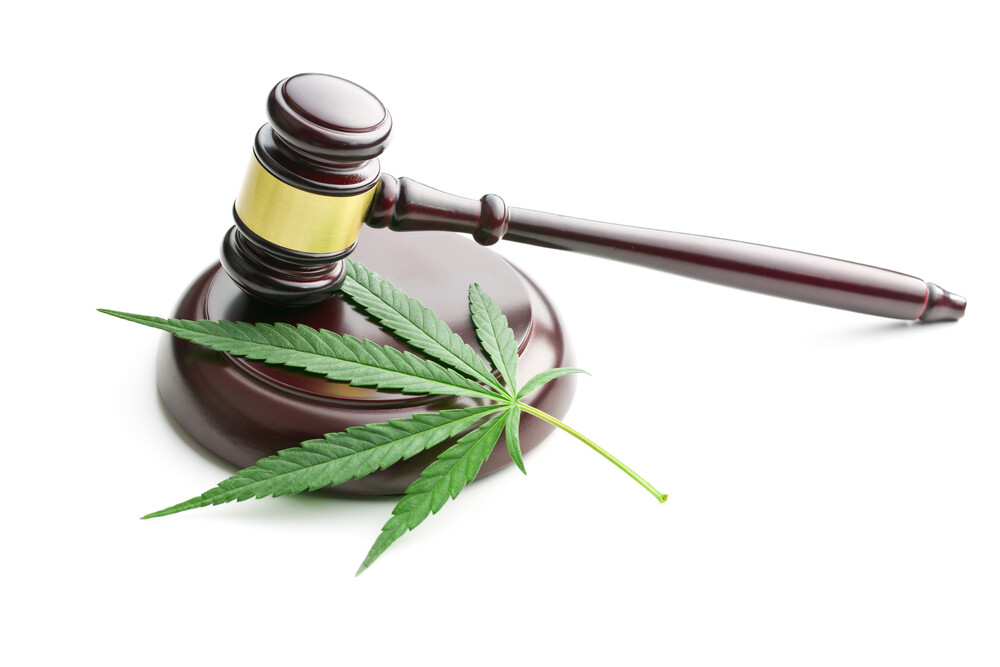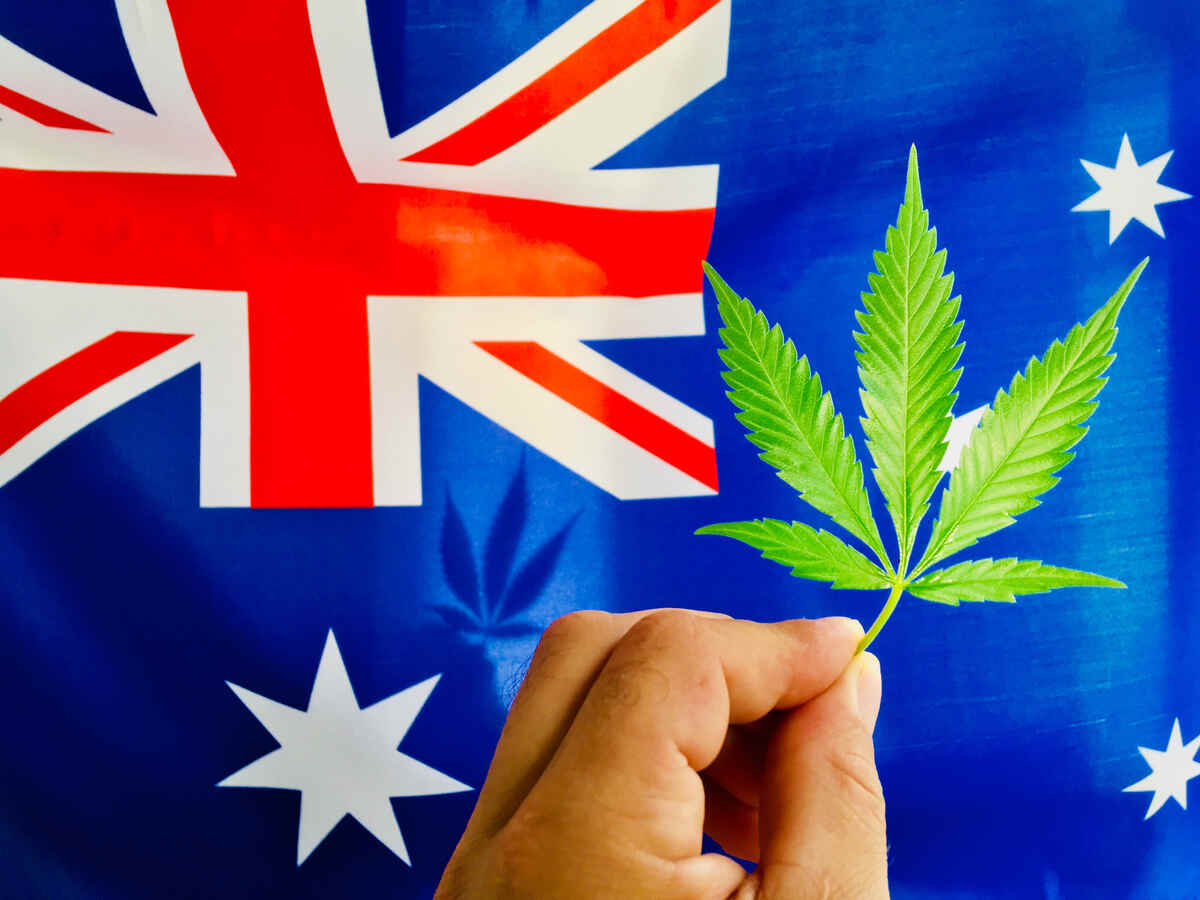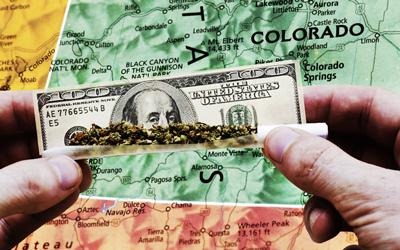The laws surrounding cannabis in Australia are many, and they are confusing. Until very recently marijuana fell under the country’s strictest drug schedule, essentially placing a prohibition on the substance. It was not to be sold, possessed by anyone, or grown by anyone or they would face the strictest penalties.
In February of 2016, the federal branch of Australian parliament removed it from that schedule, still providing restrictions on it, but much more relaxed restrictions. This has led to some confusion surrounding marijuana law in Australia. Is it illegal? What does legalisation mean? What does decriminalized mean? Can a decriminalized charge lead to criminal charges? How far has cannabis legalisation gone in Australia – and how much further will it go?
Laws in specific states

While the laws in specific states of Australia vary, federal law has made general changes to cannabis legalisation for the country as a whole. Those are that medical marijuana has been made legal, but only for those with the most severe illnesses and only under the prescription of a doctor.
The actual illnesses also varies by state, but the legalisation that caused so much flurry in February only allowed for some manufacturing and consuming throughout the country. Those who wish to manufacture it for medicinal purposes can do apply for a license to do so. However, those eligible will be also face limitations as medicinal marijuana will only be sold through pharmacies.
Marijuana for recreational use is still strictly illegal throughout Australia.
With this latest change to federal marijuana law however, certain states in Australia are also talking about changing their marijuana laws as well. The changes that have been made, or are still being considered are:
- Any doctor can apply to prescribe the drug for patients with severe illnesses such as MS, epilepsy, cancer and HIV/AIDS. As of March 2017, children with epilepsy may also be prescribed medical marijuana for treatment purposes.
- Here doctors can also apply to prescribe medical marijuana to patients with severe and/or chronic illnesses.
- New South Whales. Doctors can apply to prescribe here as well. NSW has also taken measures to allow children with epilepsy access to medical marijuana. The state is also conducting trials for chemotherapy patients that are suffering from vomiting and nausea.
- Western Australia. This state is waiting to receive confirmation of trials conducted in NSW before they make any decision regarding further legalisation. WA is supporting the federal changes to marijuana law.
- Northern Territory. Supports federal law and has decriminalized cannabis.
- Southern Australia. Has decriminalized cannabis since 1987.
- Marijuana is legal for medicinal purposes.
- Australian Capital Territory. The country’s capital has some of the most relaxed marijuana laws and has decriminalized cannabis.
Of these states, there are three that have decriminalized cannabis altogether. They are South Australia, the Northern Territory, and the Australian Capital Territory. But what does decriminalization mean? Does that mean it’s legal?

In short, no. Throughout the nation, it is still illegal to possess, consume, grow or sell cannabis for personal or unlicensed medicinal use. For states that have decriminalized it, it remains illegal, but the consequences are less severe and don’t often include jail time. However, those consequences could become more severe if a person continues to break the law.
The idea of decriminalization is often easier to understand when a crime such as speeding is considered. While speeding is definitely against the law, a person’s not likely to go to jail just because they stepped on the pedal a bit too hard. However, if the driver was going at excessive speeds, caused harm while doing so, or was found speeding on a regular basis, the penalties would become more severe.
The same can be said for marijuana possession in the states that have decriminalized it. It’s not a completely accurate comparison, as speeding does not have the stigma attached to it that marijuana possession still does, but it provides the same basis. Penalties for the three states that have decriminalized it are:
- South Australia. Anything over 100 grams of cannabis, 20 grams of hash, one non-hydroponic plant or smoking equipment will receive a fine of $50 to $150. Those charged will have 60 days to pay.
- Australian Capital Territory. Anything over 25 grams of cannabis, or two non-hydroponic plants will receive a fine of $100 with 60 days to pay.
- Northern Territory. Anything over 50 grams of cannabis, one gram of hash, 10 grams of hash or cannabis seed, or two non-hydroponic plants will receive a fine of $200. There are only 28 days to pay this fine before criminal charges are pressed.
What’s being done in the fight for legalisation?
Sadly, it looks as though this newest law that has been passed might be as far as any change to marijuana laws in Australia will go. It took a long time to get there for the federal government, and it’s thought that it will likely take a long time before they get any further.
The fact that certain states are beginning to take the matter into their own hands and change the laws, even going so far as to decriminalize it in some cases, it certainly a positive move in the right direction. That is after all, the steps that were taken in the United States as it becomes more and more legal there as well.

While cannabis advocacy groups such as HEMP (Help End Marijuana Prohibition) and the Australian Drug Law Reform Foundation are continuously working hard to get Australia to change their marijuana laws, it is still a fight that’s far from over.
How far is Australia from legalisation?
Bringing even more bad news to those cannabis advocacy groups is the fact that even if Australia were to make marijuana legal today, there’s still a long way to go. Even after that decision is made, it must be studied how to best distribute it, set up infrastructure and regulation boards for it, and ultimately decide what the legal marijuana scene in Australia would look like.
Some of the most positive Australian thinkers believe that marijuana will be legal in the country sometime during 2017. The reality however, is that that’s just likely not going to happen. After states and/or the federal government come to a decision to change Australia’s marijuana laws, there’s still at least another year before the public will be able to enjoy them.









So the question for us folks outside Canberra is, when will recreational mj be made legal? Boy, if you think politics in the UK or US is strange, c'mon down to paradise.